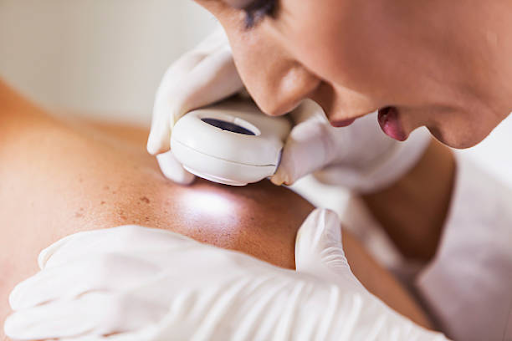
Introduction:
Acne, a common skin condition, is particularly challenging for teenagers. The physical and emotional impact of acne during these formative years is well-documented. It is easy to write off acne as something that will go away on its own, but this is very far from the truth. In reality, the effects of acne like marks and scars can last a lifetime and hence the sooner acne is handled the better.
Best Practices for Tackling Teenage Acne – Insights from Dr. Sejal Saheta (MD, DNB – Dermatology and Venereology)
Understanding Teenage Acne
Teenage acne, often referred to as acne vulgaris, typically emerges during adolescence due to hormonal changes. It affects around 85% of teenagers at some point, and while it is usually not a serious medical condition, it has a profound impact on self-esteem and mental well-being.
Expert Tips for Acne from Dr. Sejal Saheta @ Inurskn
1. Early Intervention is Key
Acne worsens if left untreated. Early intervention helps prevent severe breakouts and scarring.
2. Consistent Skincare Routine & Hygiene
The primary reason for acne remains bacterial proliferation on the skin and as such Dermatologists recommend a gentle skincare routine. Use a mild cleanser, non-comedogenic moisturizer, and sunscreen. Avoid harsh scrubbing, as it irritates the skin.
3. Over-the-counter (OTC) Products
While many OTC products are available in the market. It is best to stay clear of these. These products are generally not very effective at treating acne and in some cases can cause serious adverse reactions.
4. Avoid Picking or Squeezing
Popping pimples or picking at acne lesions worsens inflammation and leads to scarring. Encourage teens to keep their hands off their faces.
5. Nutrition and Hydration
A balanced diet rich in fruits, vegetables, and whole grains supports overall skin health. Staying well-hydrated is essential, as it helps maintain skin’s moisture and elasticity.
6. Stress Management
Stress exacerbates acne. Encourage stress-relief techniques like exercise, meditation, and hobbies. Adequate sleep is also crucial for overall well-being and skin health.
7. Personalized Treatment Plans
In-person and online consultations both provide an opportunity for personalized treatment plans. An expert assesses the severity of acne and recommends tailored therapies.
8. Prescribed Medications
In moderate to severe cases, dermatologists may prescribe topical or oral medications such as antibiotics, retinoids, or birth control pills for females. Medical consultations allow access to prescription medications when deemed necessary.
9. Follow-Up Appointments
Regular follow-up appointments are vital to monitor progress and make adjustments to the treatment plan. Physical and Online consultations often include follow-up options, ensuring consistent care.
10. Confidence and Support
Dealing with acne takes an emotional toll. Medical consultations not only provide treatment but also emotional support. Encourage open communication and assure teens that acne is a common condition that can be managed.
11. In-clinic Procedures for Acne and Acne Scars
-
For Acne
In addition to topical applications Chemical Peels are quite effective at treating active acne. In addition, some low-level lasers and nd-yag lasers have also been shown to be effective against acne.
-
For Acne Marks
Acne often leaves behind PIH (Post Inflammatory Hyperpigmentation). The best way to treat this is to undergo a series of skin rejuvenation procedures that are targeted at reducing hyperpigmentation. These include pico nd-yag lasers, microdermabrasion, chemical peels, etc.
-
For Acne Scars
For acne scars medications have very limited effect and hence the best way to tackle the same is to undergo procedures that help in resurfacing the skin such as : CO2 Fractional Laser, Microneedling, P-R-P Treatment, MNRF Treatment, etc.
Choosing the Right Dermatologist for Acne Consultation
When choosing a dermatologist for your acne concerns it is important to check their primary medical qualifications and also gather an understanding of their experience from reviews or by speaking to friends and family. It is important that you connect with your treating physician as sometimes acne treatments may need multiple visits and a lot of patience.
Takeaway
In conclusion, teenage acne is a common and treatable condition. Through a medical consultation with a dermatologist for acne, teens receive expert guidance, personalized treatment plans, and emotional support to navigate this challenging phase. Early intervention, a consistent skincare routine, and a holistic approach to health empower teenagers to manage acne effectively and boost their self-esteem.
Inurskn is your trusted partner in the fight against teenage acne. Dr. Sejal typically caters to every patient individually and customizes her treatment plans according to the condition and expectations of the patient. At Inurskn we prioritize not only healthier skin but also improved confidence, ensuring teens face the world with a renewed sense of self-assurance.




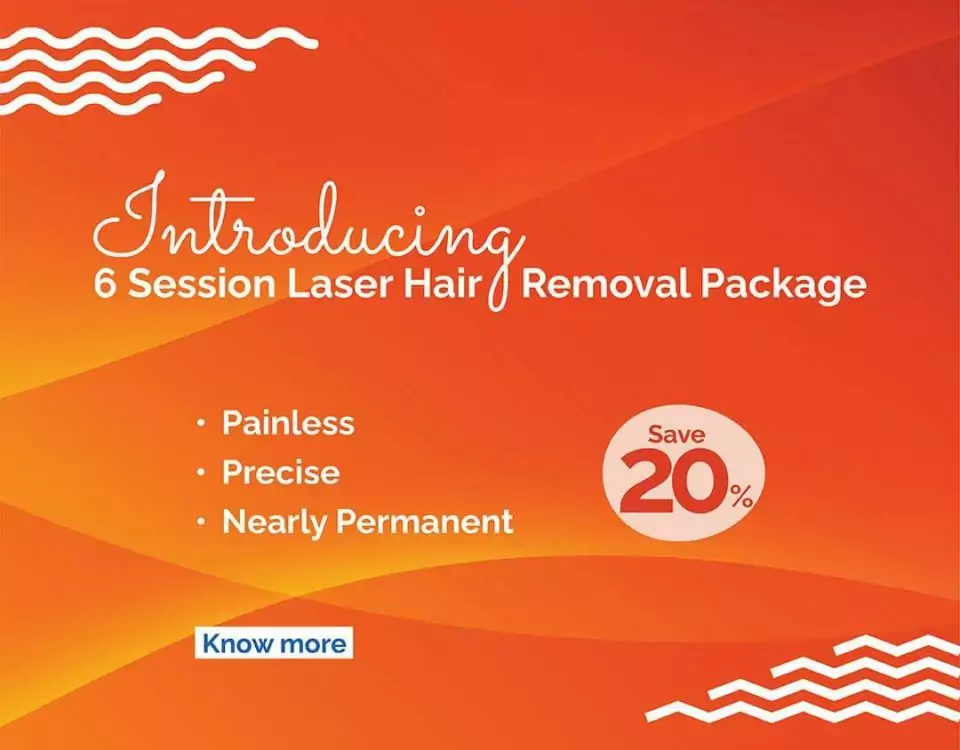

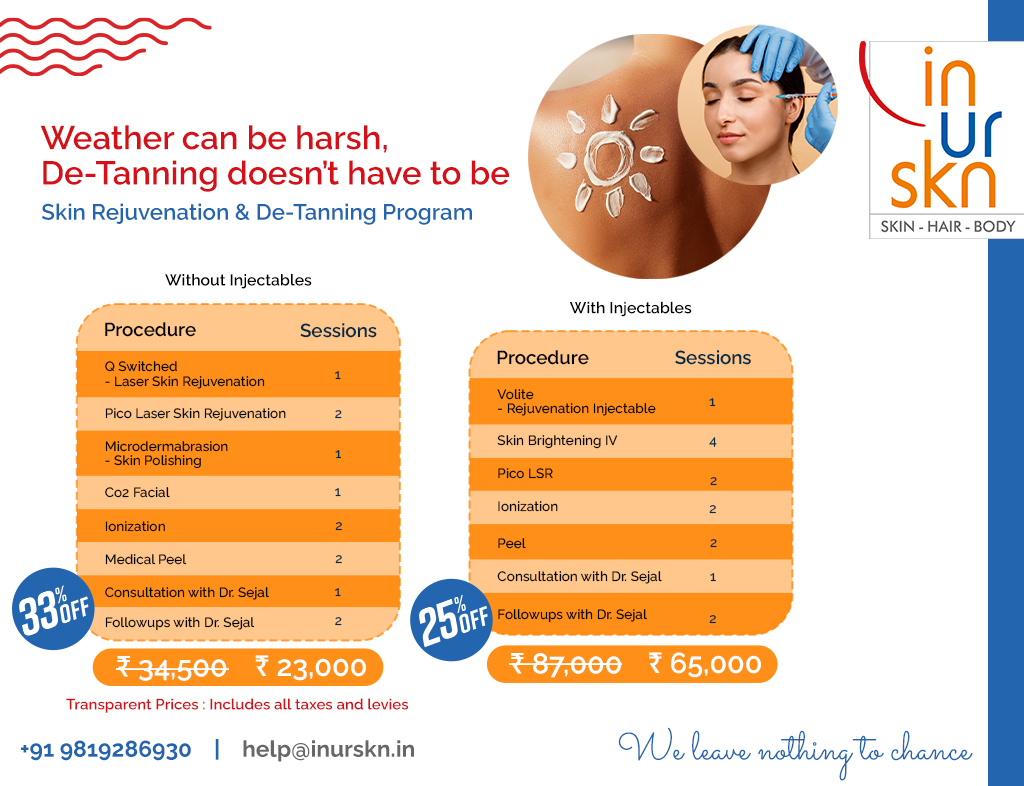














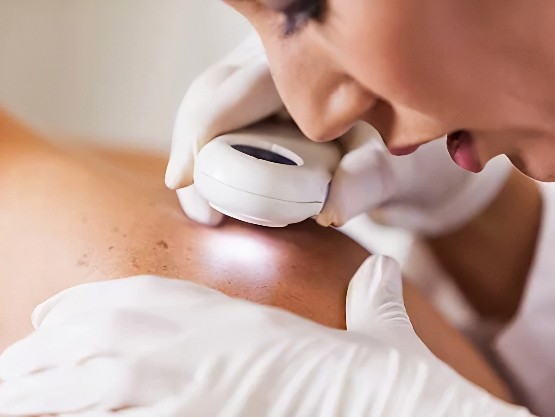
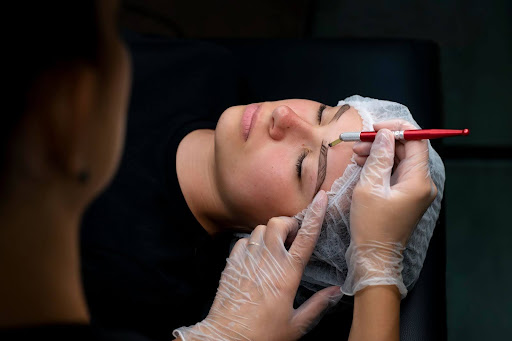

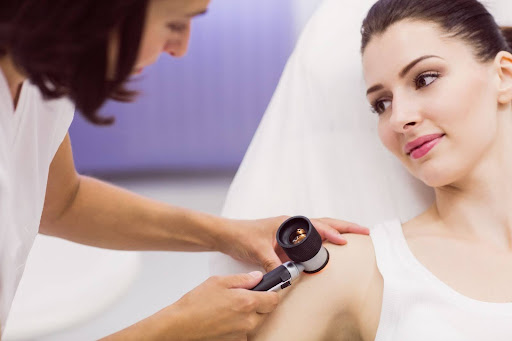
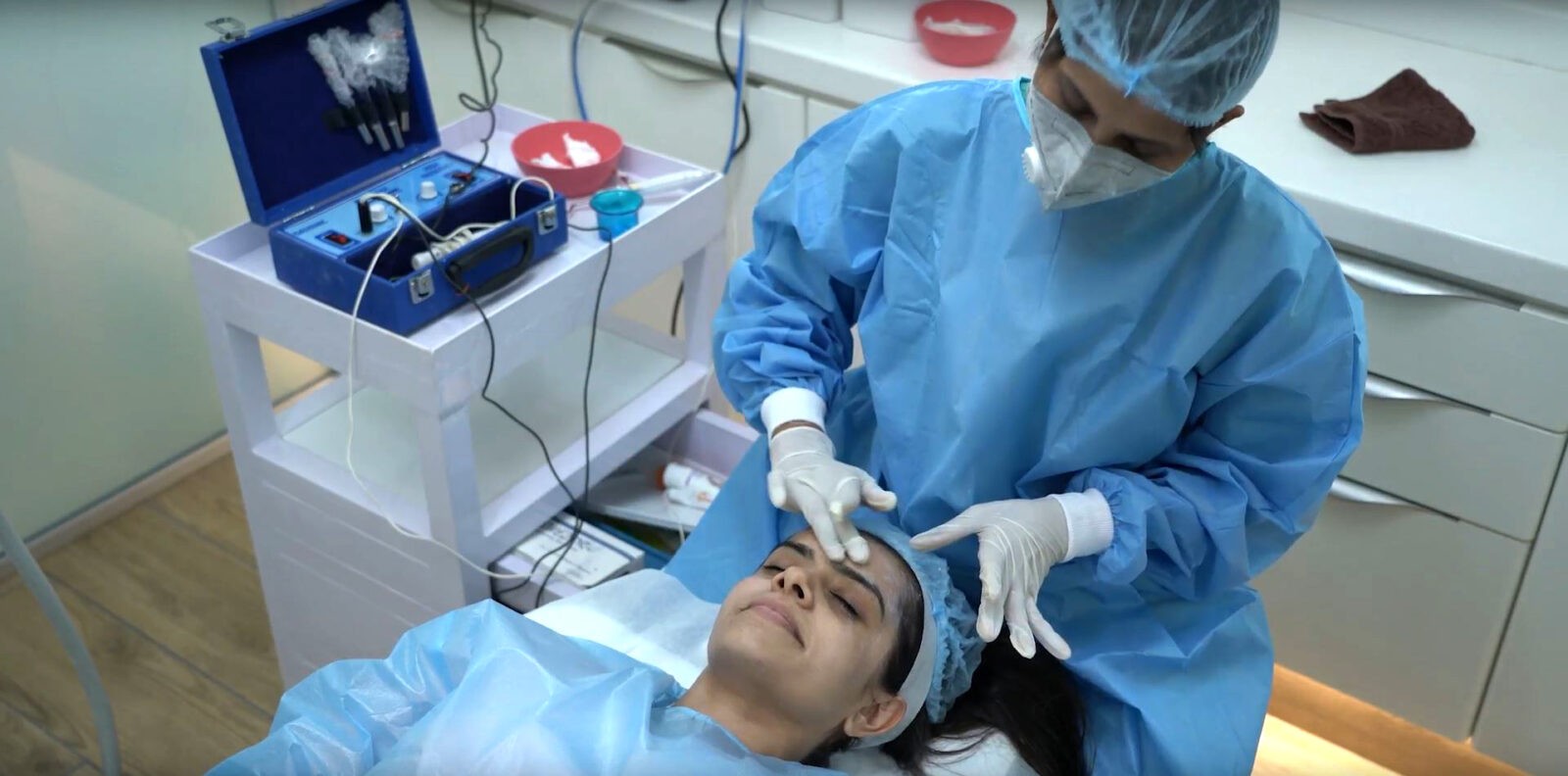
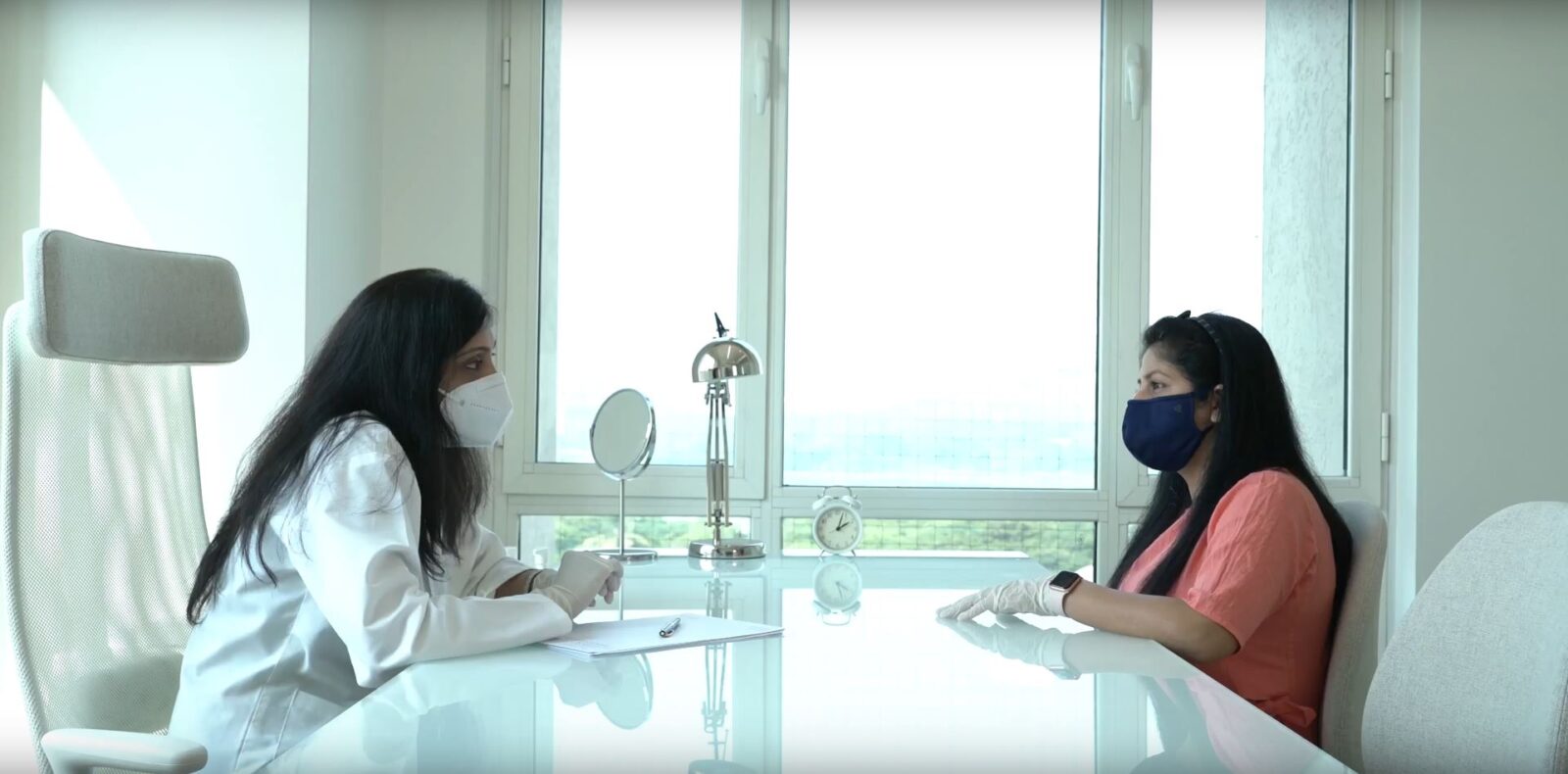

 Call us
Call us Book Appointment
Book Appointment Enquire
Enquire Location
Location




